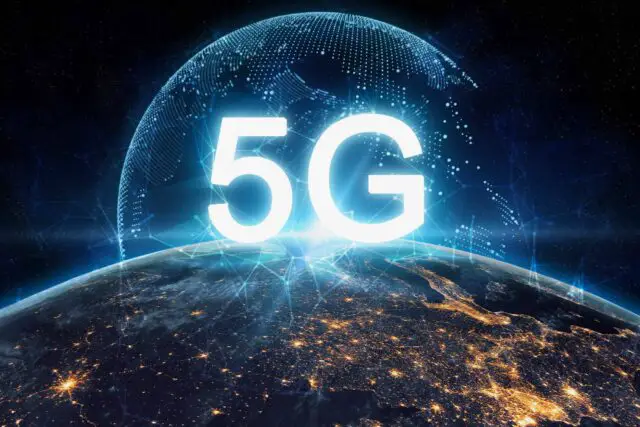For several years now, we have seen a steady rise in digitization in the banking industry, with financial institutions modernizing customer experiences, simplifying complex processes, and integrating business functions through the use of technology.
Today we have the opportunity to solve the biggest challenges in the industry. Empowering financial institutions to provide services through new and innovative means, while improving existing channels, seems to be the strategy for their –increasingly– digital customers to bank easily and transparently. With an estimated 2.5 billion people around the world actively banking online by 2024, the time for financial institutions to adopt technology solutions, and transform their operations and legacy systems, is now.

Most consumers, regardless of their generation, seek to interact with banks through fluid experiences and in many cases almost exclusively digital. A recent report identified baby boomers as the fastest growing fintech consumer segment with usage among those 56+ at 79% (doubling year over year). Unsurprisingly, younger generations are increasingly using digital-only channels; 72% of millennials and generation Z prefer mobile banking to traditional banking.
The fifth generation of network technology (5G) has a tremendous impact on customers and, consequently, on the way their financial institutions serve them, especially considering the role that data plays in terms of improving the user experience. Since 5G can reach speeds 20 times faster than 4G LTE networks that would allow devices to communicate and share data faster than ever before. This implies that the security levels of this information follow the highest standards.
These hyper-connections can even support integrated finance and meet customers wherever they are with the financing options they need, whether it’s a loan, payment plan, insurance or some other need.
Unlike its predecessors, which were consumer-focused, the 5G network was primarily designed for industrial use cases. Still, its capabilities extend to transform consumers’ lives; in effect, 5G helps personalize experiences through the collection of massive amounts of data generated by consumer devices. Its ultra-low latency means real-time data collection and aggregation to generate recommendations based on learned customer preferences.
If consumers choose to share data from their devices, banks could tailor the services and offers available to them. According to a recent survey, conducted by Oracle, this is very important for millennial consumers. Of all of them, more than half (55%) will choose a financial services provider that will offer products based on their moment of life; Whether it’s a way to save more on your next visit to the supermarket, or a discount for going to your favorite restaurant, the network can aggregate and analyze data to strengthen the element of personalization.
5G technology can also enable emerging experiences, including virtual and augmented reality (AVR), ranging from virtual commerce to immersive customer journeys. Imagine if you wanted to talk to a financial advisor about a first home loan, you could even choose to meet a holographic advisor in the metaverse, but from the comfort of your own home.
In relation to the security of this large amount of data, the digital economy requires a network that can scale and is flexible to handle different types of information and is interoperable with existing technology –but always guaranteeing that its security and privacy are not violated.
Next-generation technology applications and tools have the potential to redefine financial services. And in some cases, they are already influencing digital asset strategies. We have seen the start of several initiatives using blockchain, fueling the move towards decentralized finance (DeFi) and essentially unbundling traditional finance. All of them aim to replace centrally managed, peer-to-peer transactions for a full spectrum of financial services; daily banking, personal loans and commerce. In this way, Blockchain further facilitates exchanges and creates new markets. With 5G, the growth of interconnection is even higher, bringing greater efficiency across the banking industry and commerce. Although a complex, demanding and highly regulated industry, financial services have rapidly evolved to provide customer-centric care, relying on innovation to combat financial crime and drive efficiency. This mindset has kept financial institutions relevant and competitive. In short, the 5G network may be the next big enabler for the banking industry.


